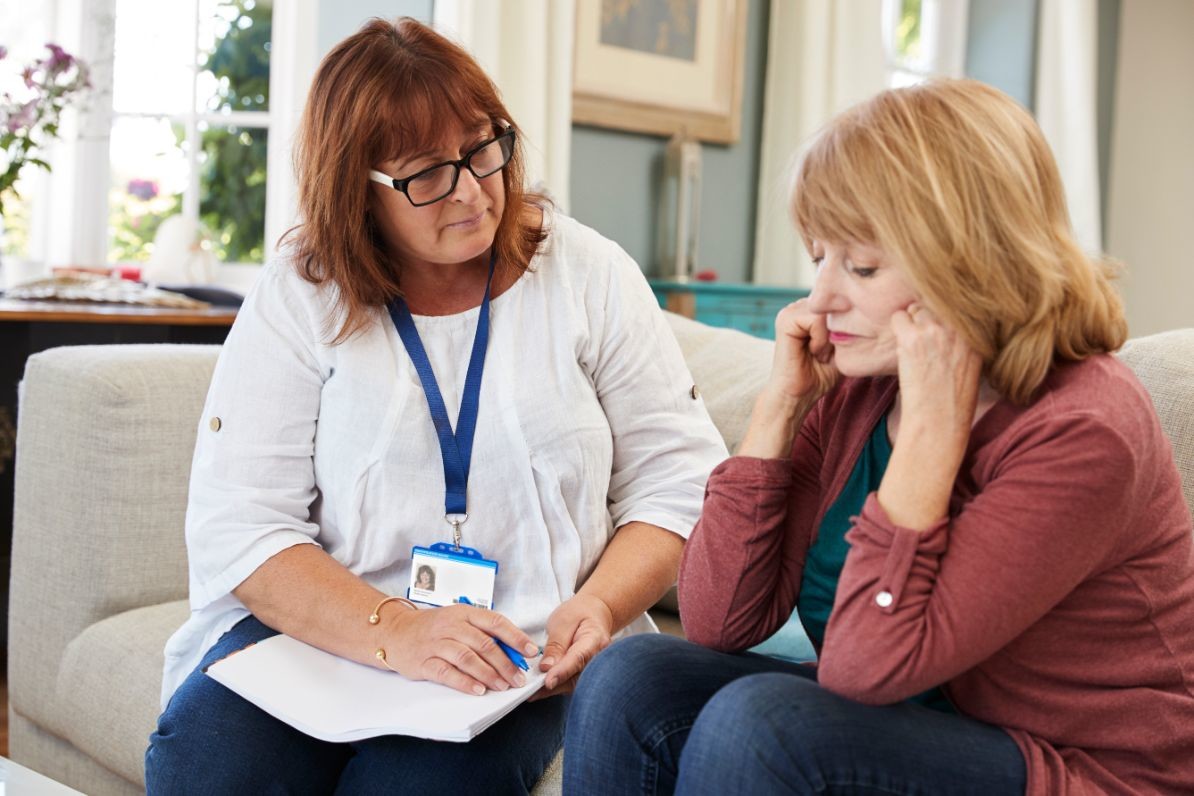Fibromyalgia is a chronic condition that affects millions worldwide. It is a disorder that affects the muscles, bones, and joints, leading to widespread pain and tenderness. Individuals suffering from fibromyalgia may also experience fatigue, sleep disturbances, and mood disorders.
Is fibromyalgia curable? Unfortunately, there is no cure yet for this condition. However, there are numerous ways to help someone suffering from fibromyalgia. As a caregiver or friend, it can be challenging to provide support and assistance to someone with fibromyalgia. However, with proper understanding and knowledge, you can help them manage their symptoms and improve their quality of life.
Educate Yourself on the Condition
Start by researching credible sources such as medical journals, reputable websites, and books written by reputable authors. Take the time to learn about the symptoms, causes, and treatment options available, as well as the latest research and developments in the field. By educating yourself, you will be better equipped to provide support, empathy, and understanding, and to help your loved one navigate the challenges associated with fibromyalgia.
Listen and Be Supportive

It is important to understand that fibromyalgia is an invisible illness, meaning that the person may look fine on the outside but be struggling with pain and other symptoms on the inside. By listening and being supportive, you can help the person feel validated and understood. Avoid dismissing their pain or telling them to “just push through it.” Instead, offer words of encouragement and let them know that you are there to support them in any way you can.
Encourage Gentle Exercise Methods
While exercise may seem counterintuitive for someone who is experiencing chronic pain and fatigue, gentle movement can actually help to alleviate symptoms in the long run. Low-impact exercises such as yoga, swimming, and walking can be beneficial to individuals with fibromyalgia.
It is important to emphasize the importance of pacing oneself and not pushing too hard, as overexertion can worsen symptoms. Encourage the individual to listen to their body and take breaks as needed. A physical therapist or certified trainer can also help to develop a safe and effective exercise plan tailored to the individual’s needs.
Help Them Maintain a Healthy Lifestyle

This can involve making changes to their diet, incorporating regular exercise, and managing stress levels. It is important to work with a healthcare professional to develop a personalized plan that takes into account the individual’s specific needs and limitations. Encourage the person to eat a balanced diet that includes plenty of fruits and vegetables, lean protein, and whole grains, while limiting processed and high-fat foods. Regular exercise, such as low-impact activities like yoga or swimming, can help to reduce pain and improve mood.
Additionally, managing stress through techniques like meditation or mindfulness can be beneficial in reducing symptoms and improving overall quality of life. By supporting a healthy lifestyle, you can help those with fibromyalgia to manage their symptoms and improve their overall well-being.
Offer Practical Assistance as Needed
Every person with fibromyalgia experiences different symptoms and may require different kinds of help. Some may appreciate assistance with household chores or running errands, while others may need help with transportation to appointments or get to and from work. Be willing to offer practical assistance as needed and respect the person’s autonomy by allowing them to make their own decisions about what they need help with. By offering practical support, you can help alleviate some of the stress and burden that comes with managing fibromyalgia.
Conclusion
Fibromyalgia can be a debilitating condition that can make daily life a challenge for those suffering from it. However, with the right support, those with fibromyalgia can lead a fulfilling life. It is important to educate ourselves and understand the condition so that we can provide our loved ones with the care and support they need. By being patient, empathetic, and understanding, we can make a positive difference in the lives of those suffering from fibromyalgia. Remember that seeking professional medical help is essential, and that the right treatment plan can help manage the symptoms and improve quality of life.

